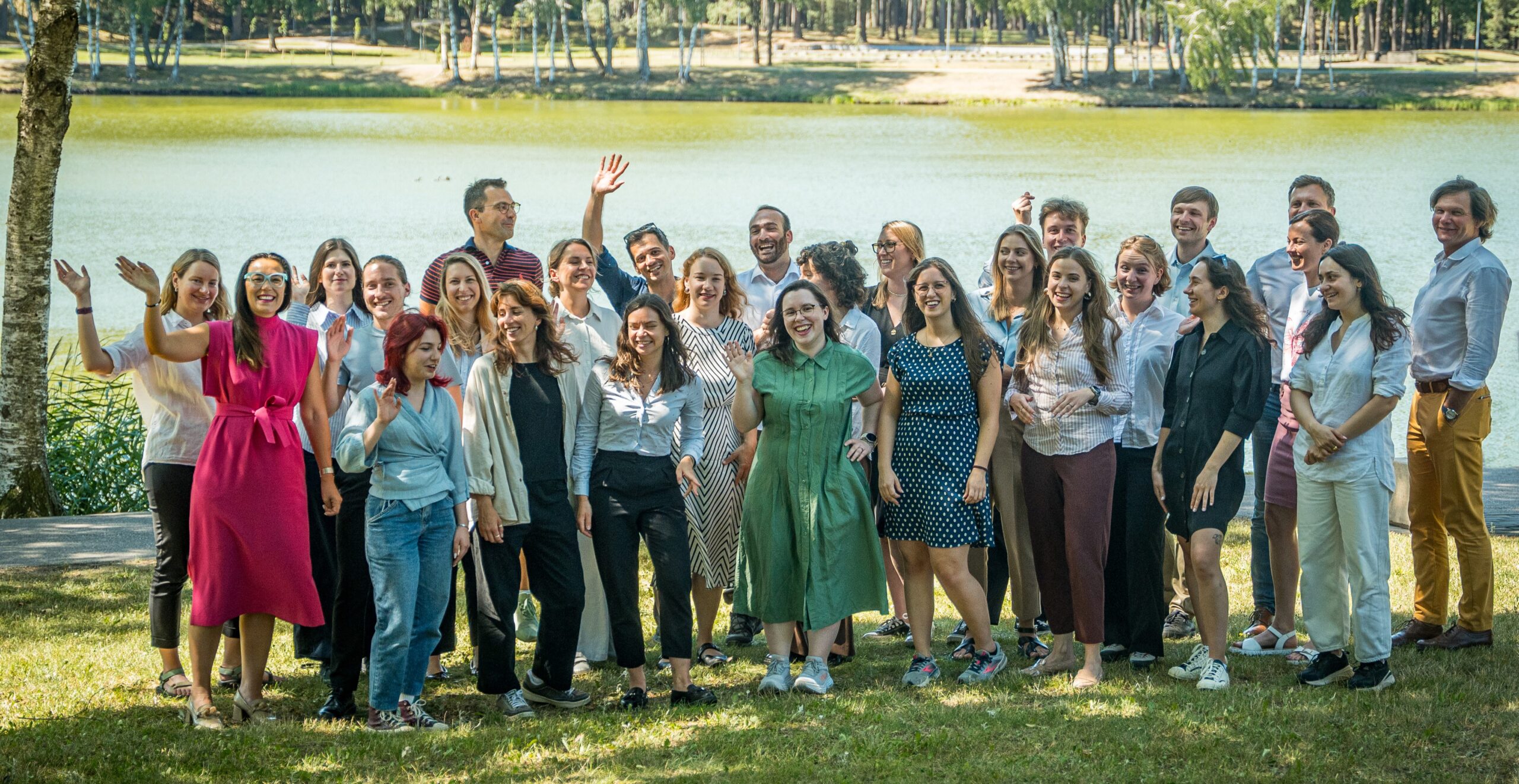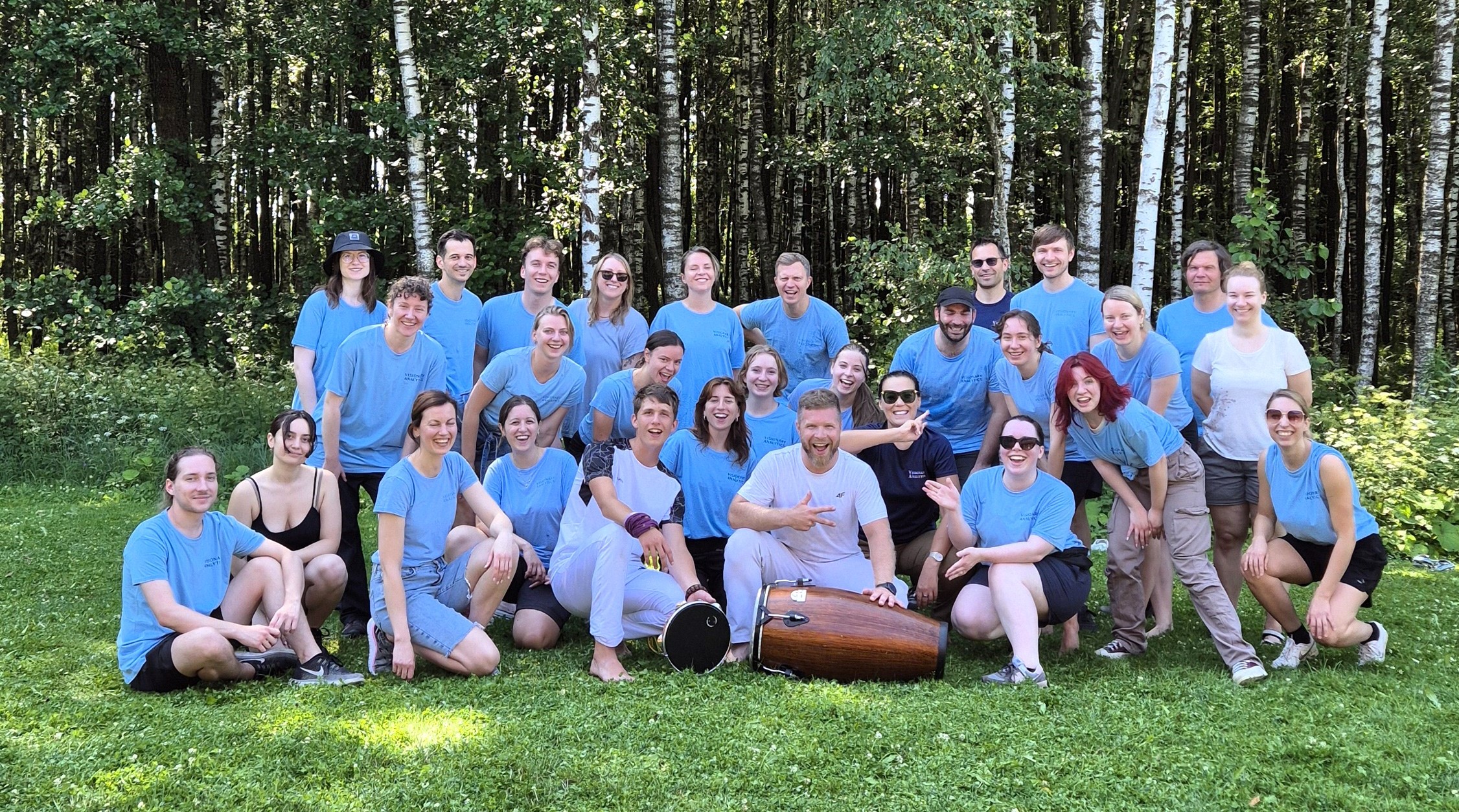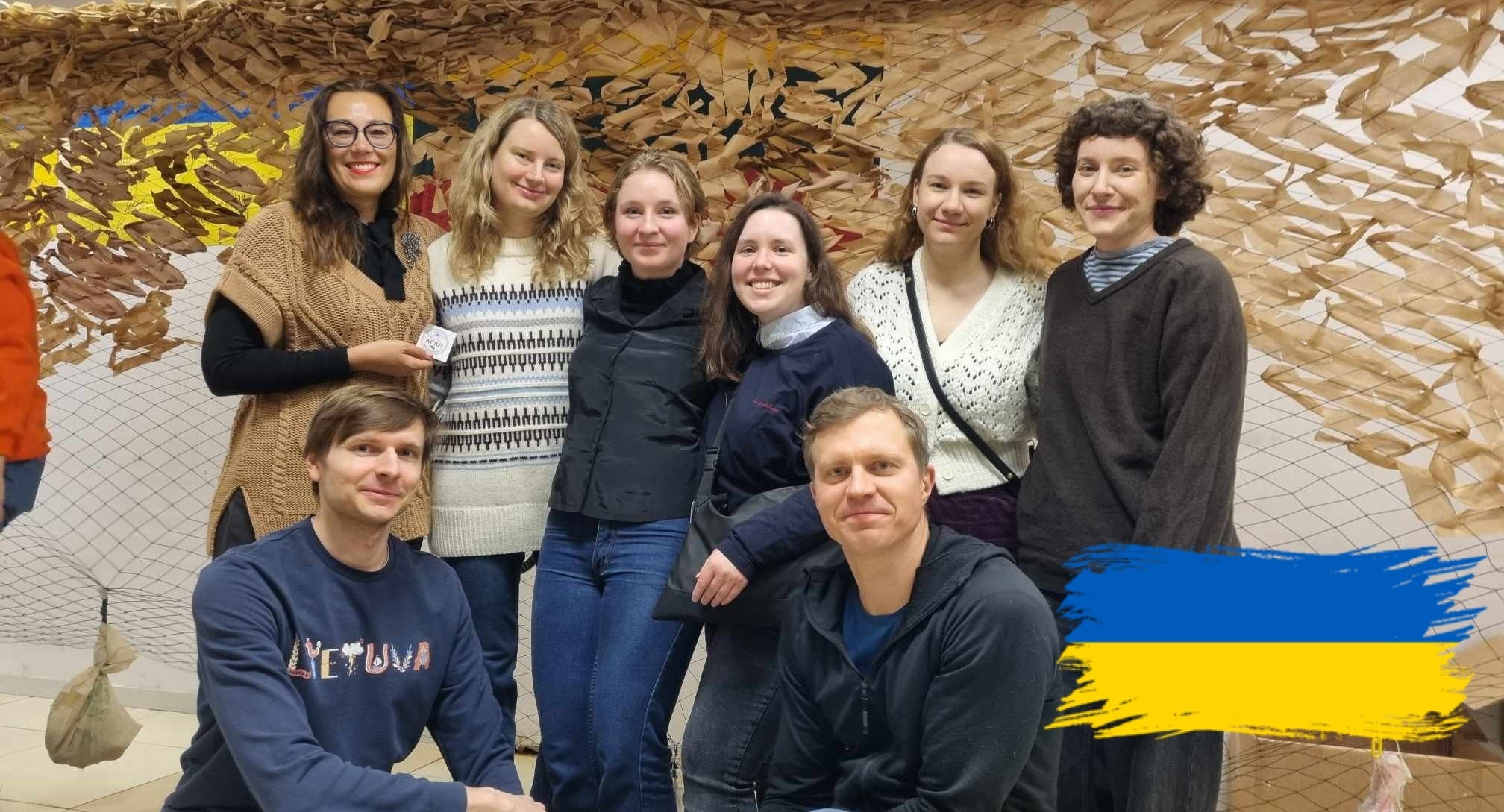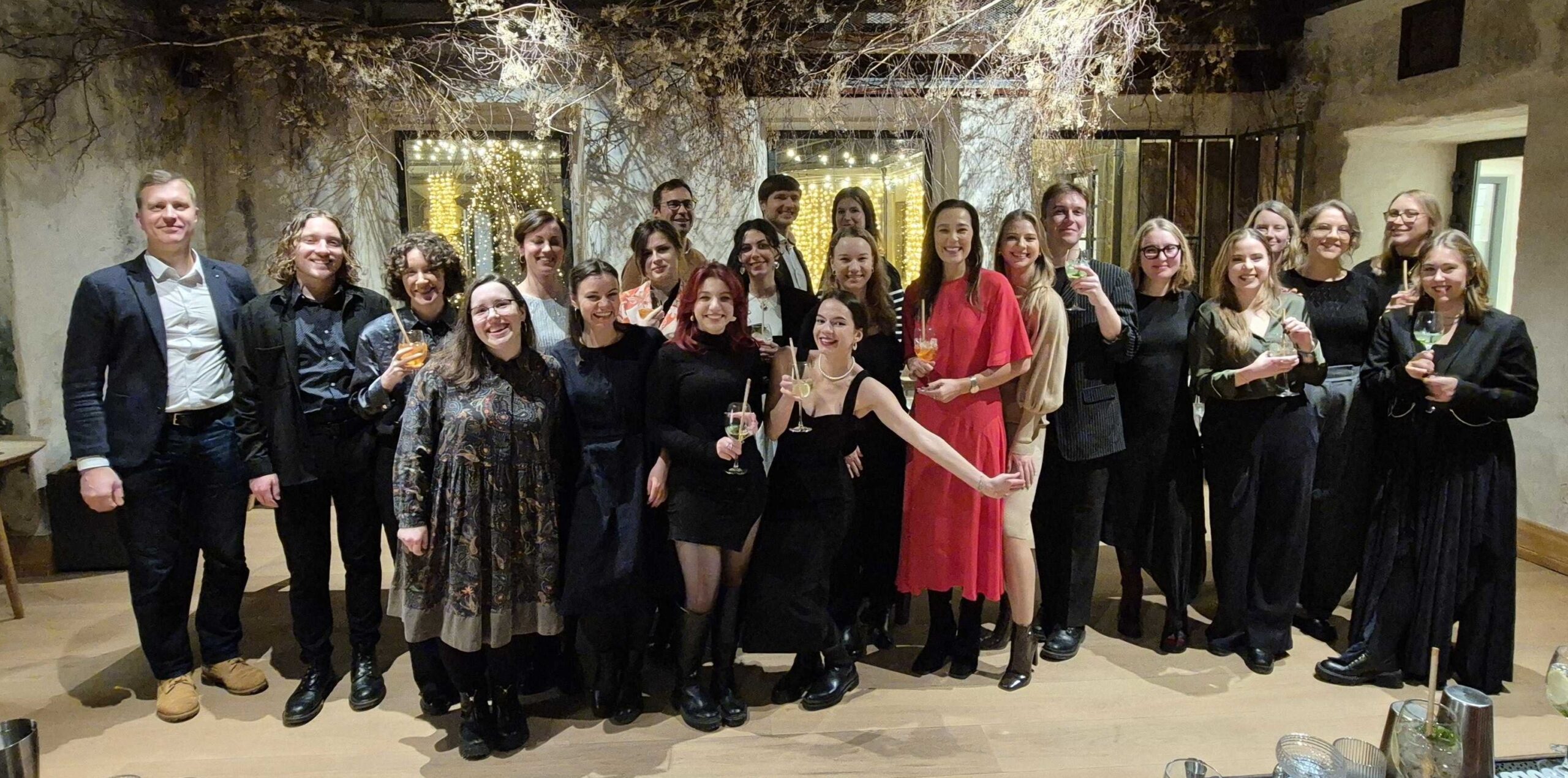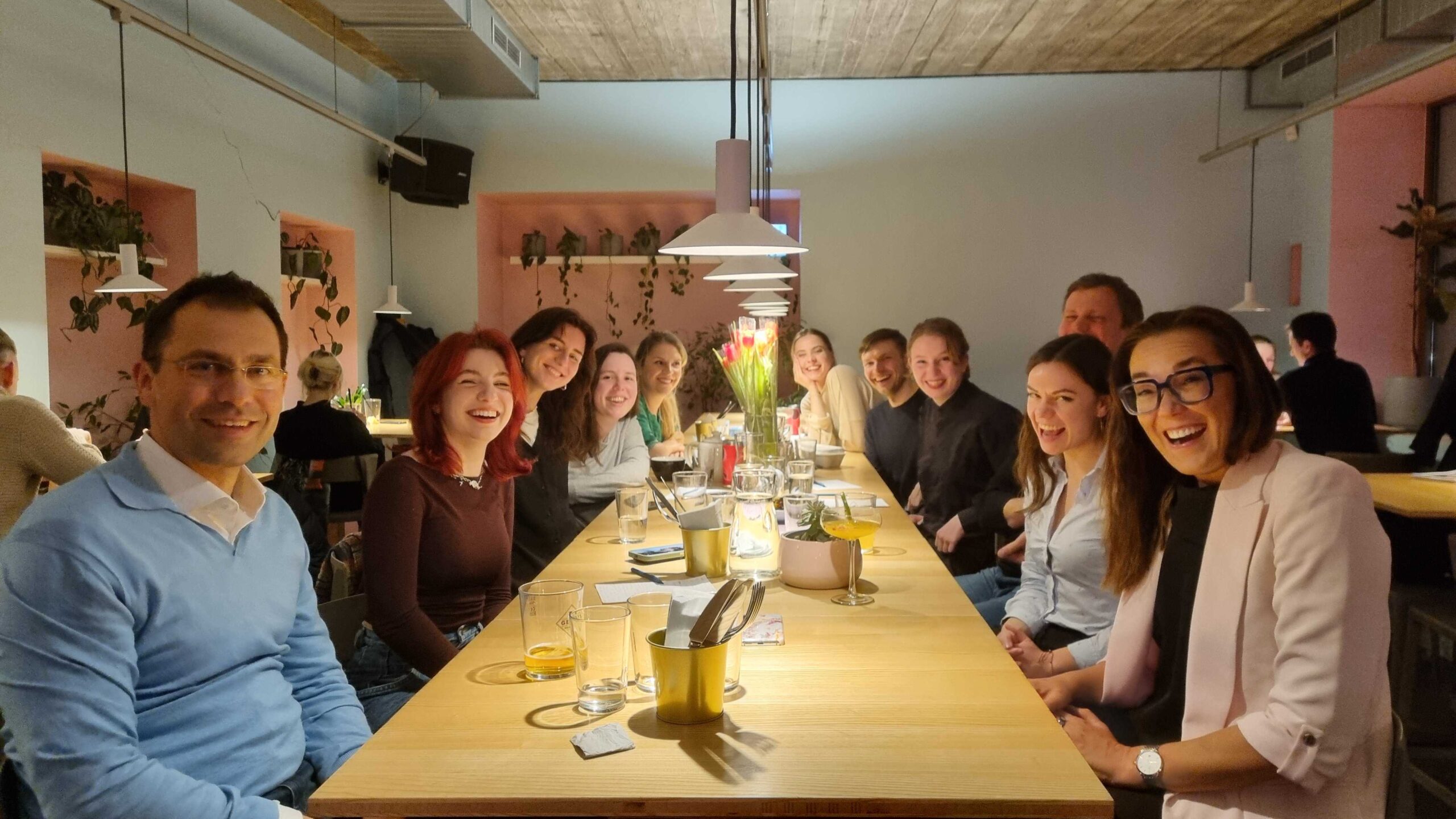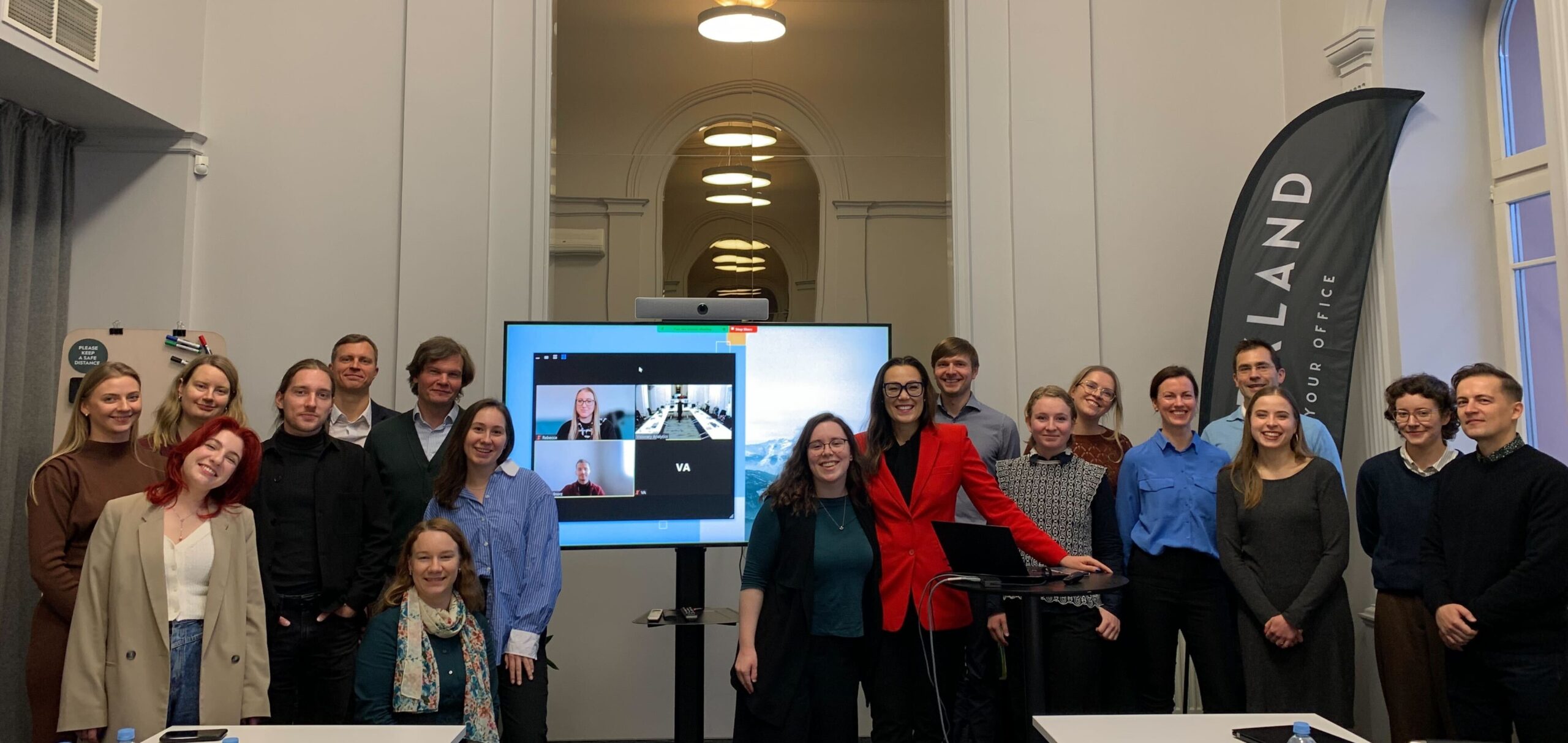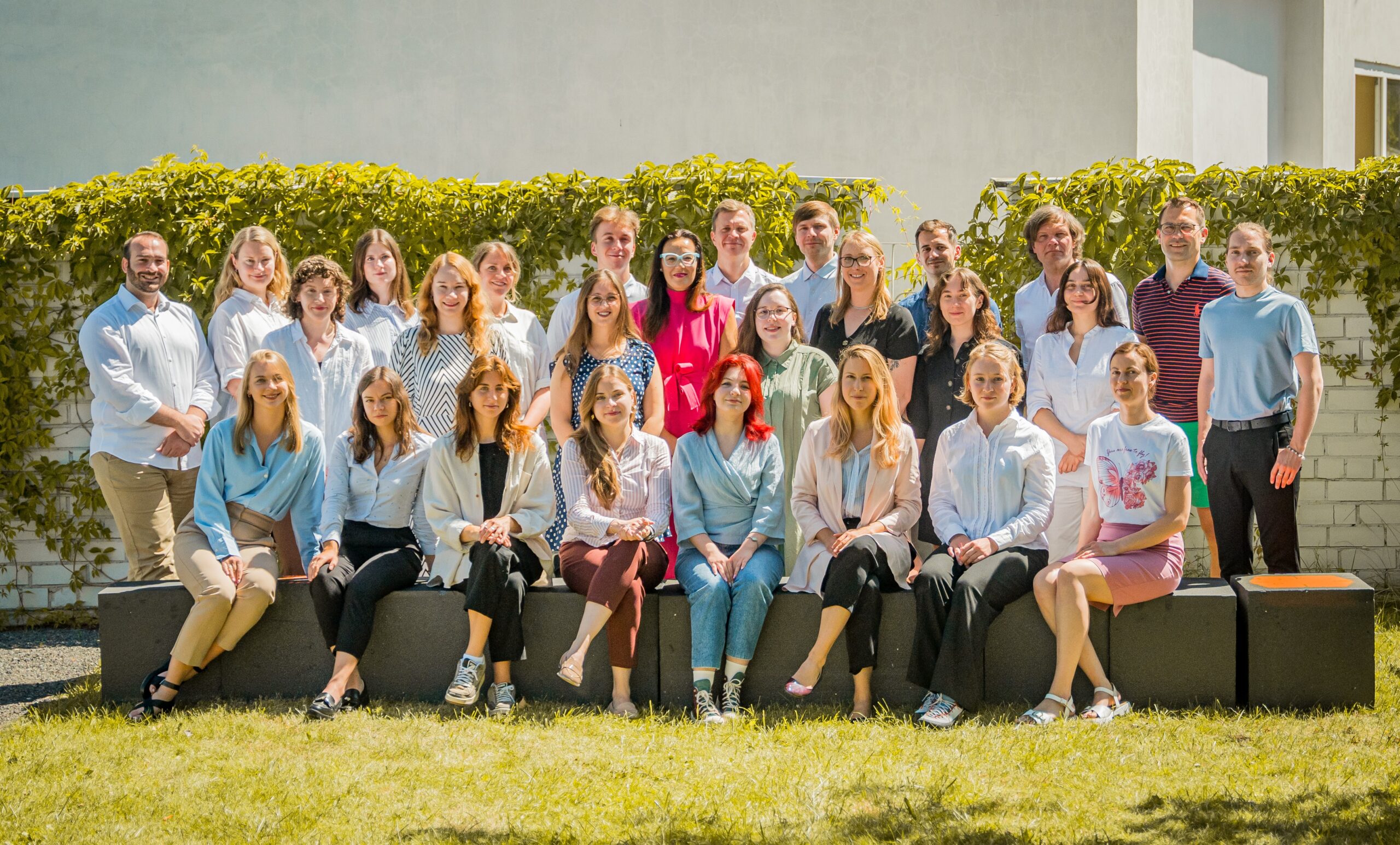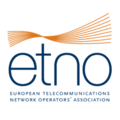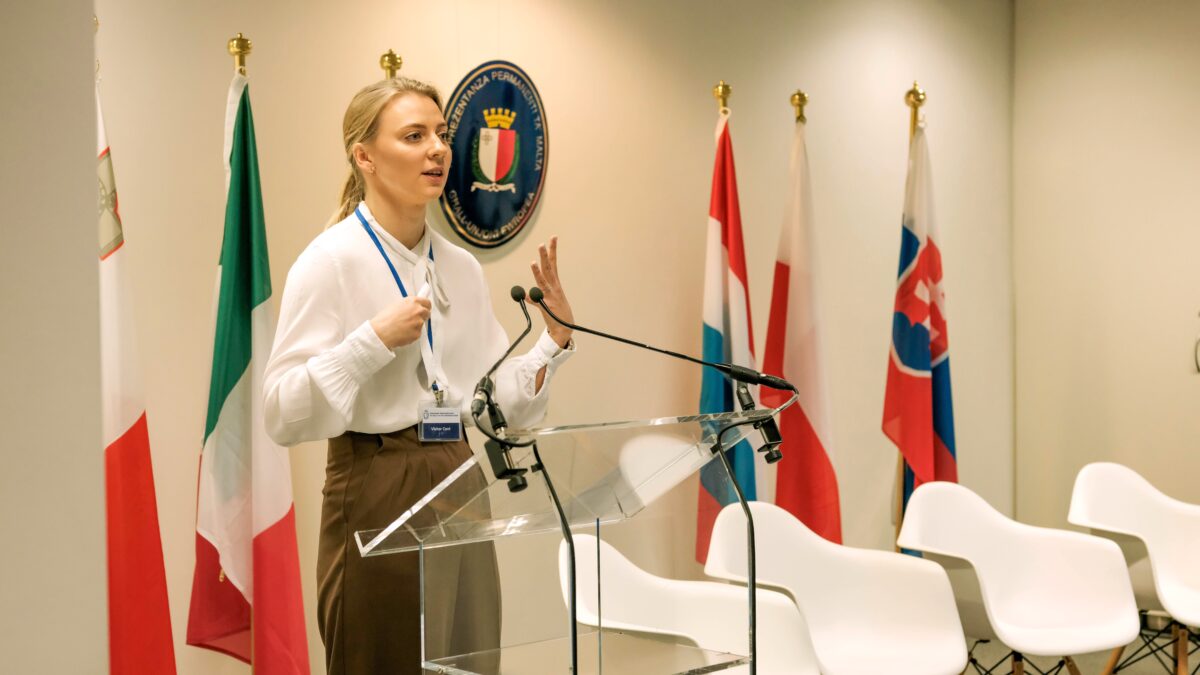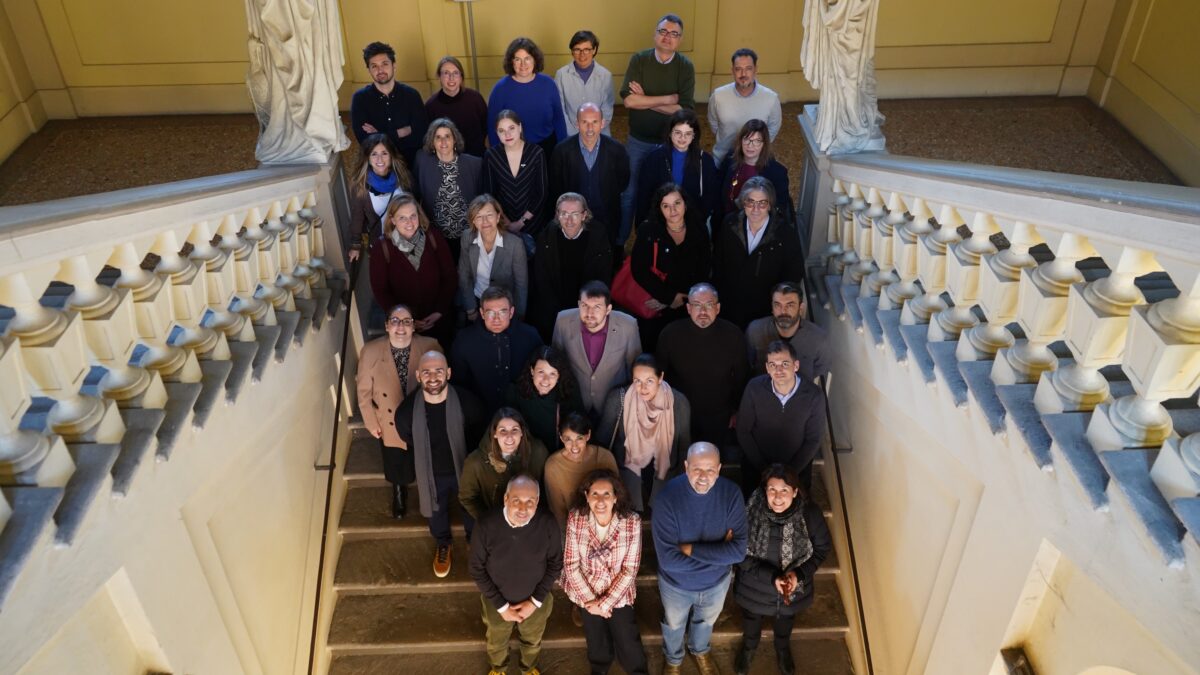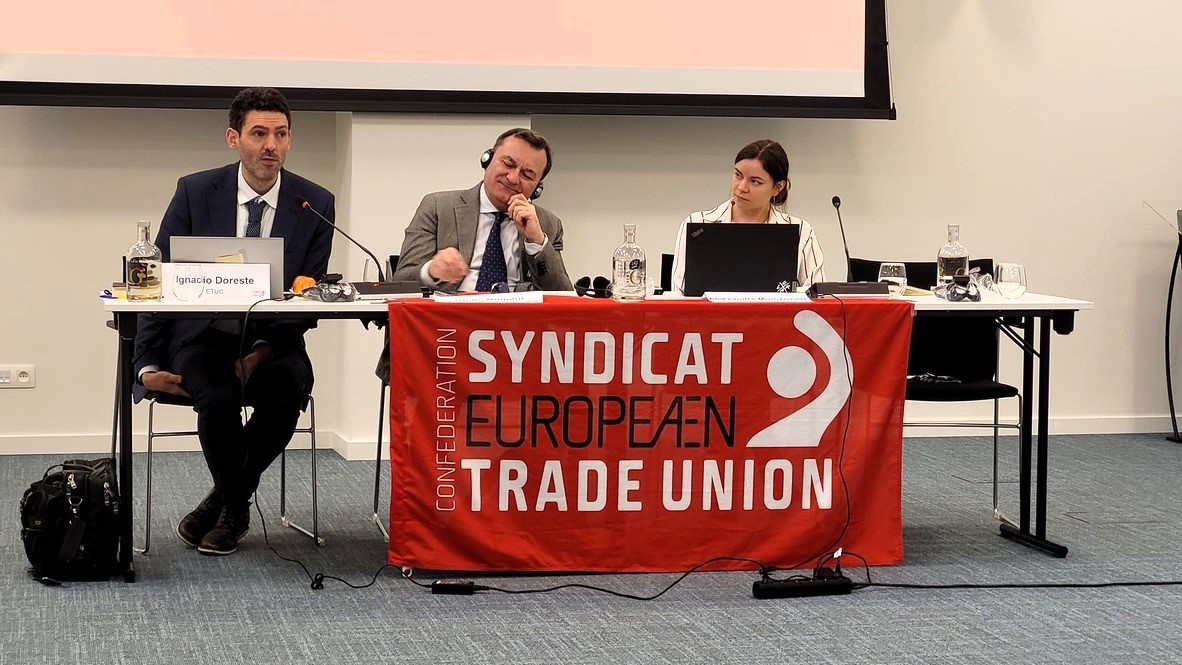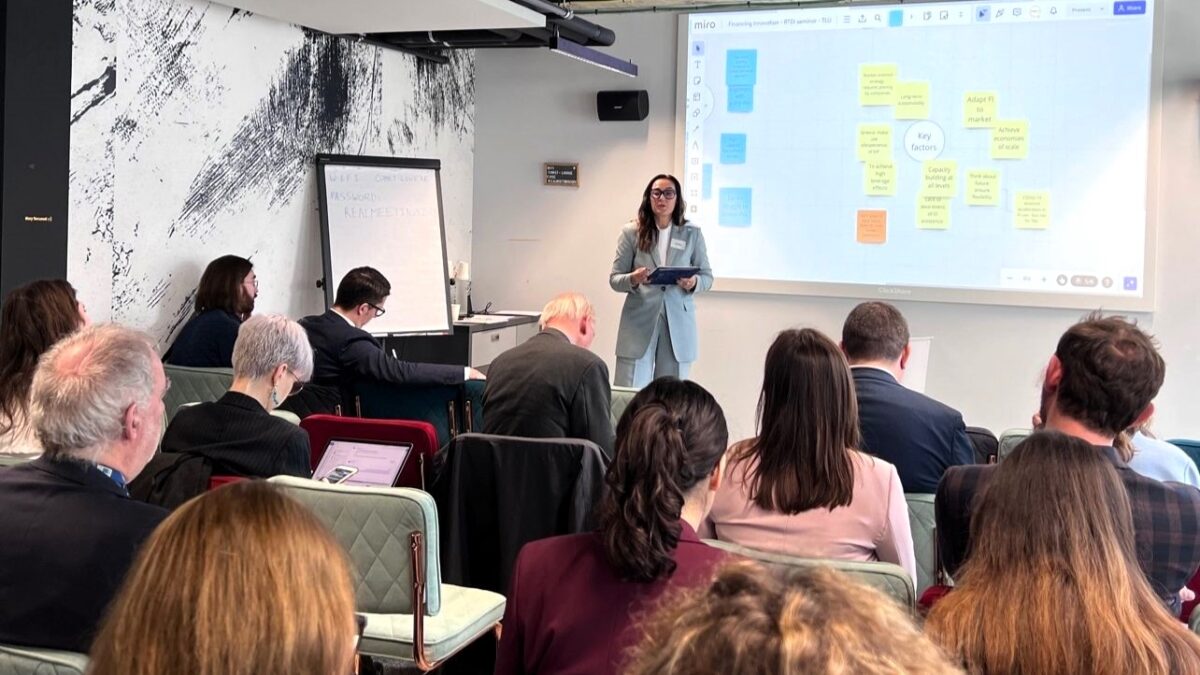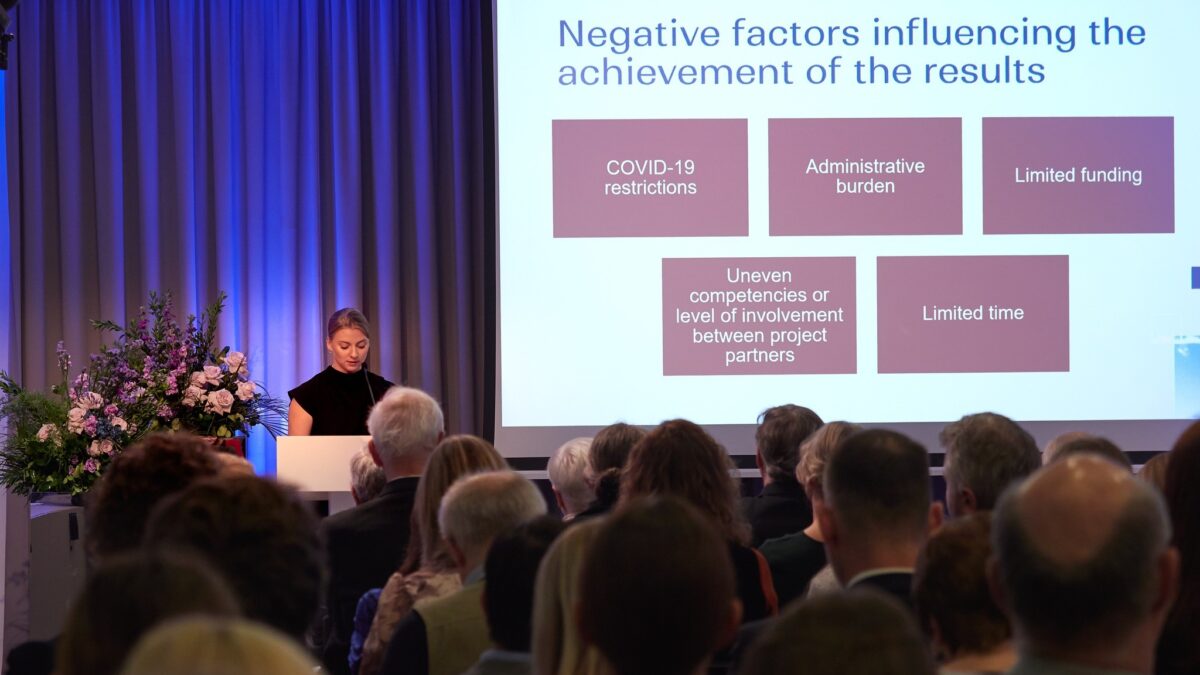Take a look at the overview of Visionary Analytics 2024 achievements, highlights, and contributions to the wider societal impact.
2024 highlights

Internationally recognised company with strong reputation
Ten years ago, our leadership built a vision to be the standard of excellence and value in our sectors, a leading international company that contributes to transforming well-being of our society. The year of 2024 brought us even closer to that as we continued growth in seven new Framework Contracts, which brings VA to lead or be a core partner in a total of 15 Framework Contracts with the European Commission, Cedefop, ETF, OECD, and European Parliament in 2025. About 100% of our services are being exported to international clients. In 2024, we led and contributed to over 50 projects with thematic areas also covering but not limited to silver tourism, collective bargaining and fair work, digital education, skills forecast and circular economy policies.

Leadership in the market through frontier research in Europe
As small giants among the best in Europe, we continued not only contributing but being the leaders of European research initiatives. In 2024, we expanded our work under the Horizon Europe grant on AI for policy while also leading research on telework and algorithmic management, the Digital Services Act, a foresight-on-demand study on the future of AI, as well as contributing to the EU’s flagship initiative the European Innovation Scoreboard and Regional Innovation Scoreboard, and more.

Workplace that inspires the best talent
As a values- and learning-driven company, we contribute to making a difference in the world through research bus also constantly take time for creating a work culture that fosters innovation, personal growth, autonomy, and trust. In 2024, we experimented a lot by giving our teams even more freedom and responsibility through building a remote-first company that proved to be an important and positive change in our climate and growth as an international team. To add, we further upgraded our employer value proposition with investment in cross-border hiring, holistic health, strengthening autonomous decision making and team cohesion.
Spotlight projects
How did we make an impact last year? Check out the selected projects and initiatives below!
Spotlight publications
Take a look at some of our reports and academic papers published in 2024!




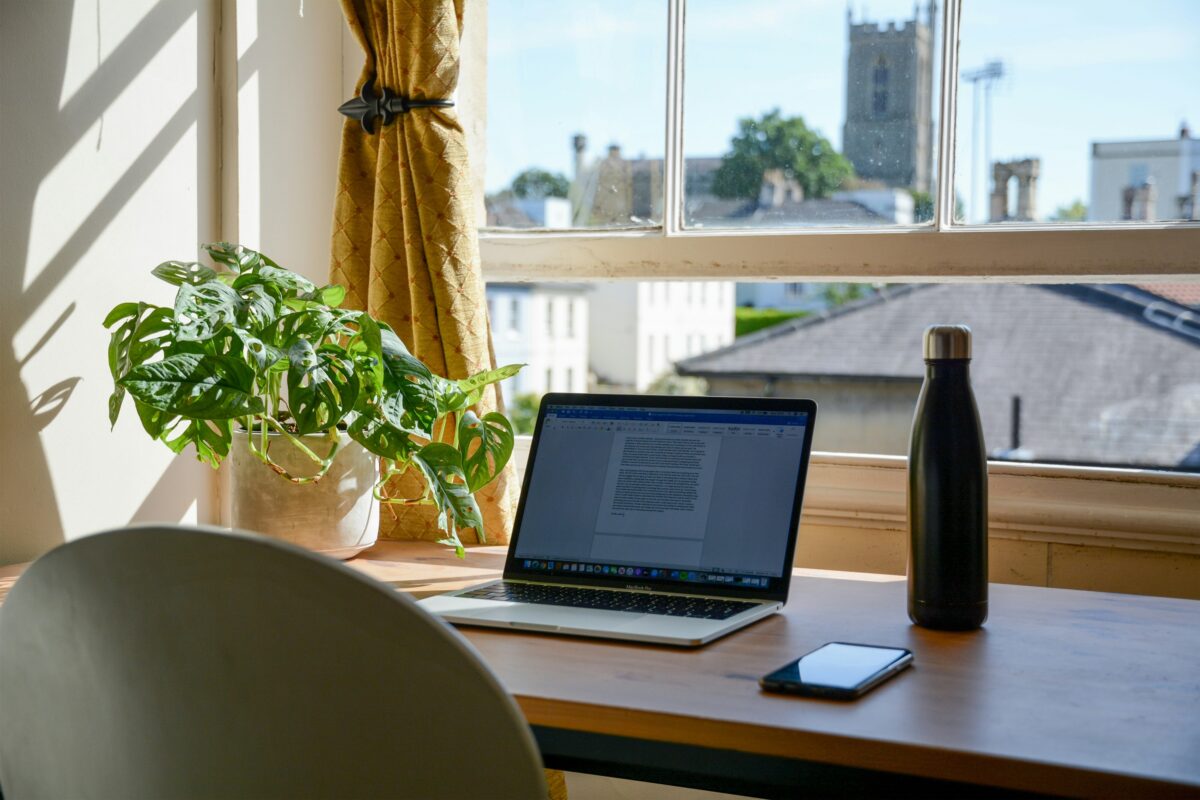

Contribution to public discussion
Take a look at some of our 2024 activities and contributions to the society!
One team
At Visionary Analytics we believe that people and culture are our greatest assets. We also believe that a company of the future is equally profit- and values- driven. Thus, we give our 100 percent to: our clients and employees, business and personal development, autonomy and teamwork, high standards and strong support, upholding strong values and practicing what we preach.
We pursue to advance and promote diversity in our own firm, our clients, and in society more broadly as well as to foster an inclusive culture, where every colleague - regardless of background - feels a deep sense of respect and belonging.
As our team has become remote-first, we have supported it with a culture of freedom, responsibility, flexibility, and trust where employee well-being meets workplace innovation as well as appreciation for our colleagues stepping into the 2025.
In 2024, we:
- Worked from Lithuania, Sweden, Australia, the United Kingdom, Vietnam, Spain, Poland, Austria, Germany, Ireland, Italy, the Netherlands, Switzerland, Denmark, Belgium, Malta, Estonia, Sri Lanka, Taiwan, San Marino, France, Portugal, and the United States.
- Fully transitioned into the remote-first culture by implementing not only administrative but also adaptive changes and workplace innovation with a focus on employee wellbeing!
- Not only continued our social initiative on Visionary Teacher Award but also supported Ukraine through volunteering.
- Delivered a new employer value proposition that focuses on improving employee experience and talent attraction, sustainable growth through cross-border hiring, along with flexibility culture.
- Dedicated our VA Academies to familiarising ourselves, deepening our knowledge, and practicing market innovations through AI and digital tools as well as their ethical application. Moreover, organised training sessions on complex project management along with a focus group for junior professionals.
- Besides formal training, launched a bottom-up initiative for an internal task force designed to further experiment and pilot various digital and AI tools as well as train our team and develop ethical use guidelines.
- Experimented with other internal initiatives both company- and team-wide to encourage team cohesion, freedom to fail, and honesty.
